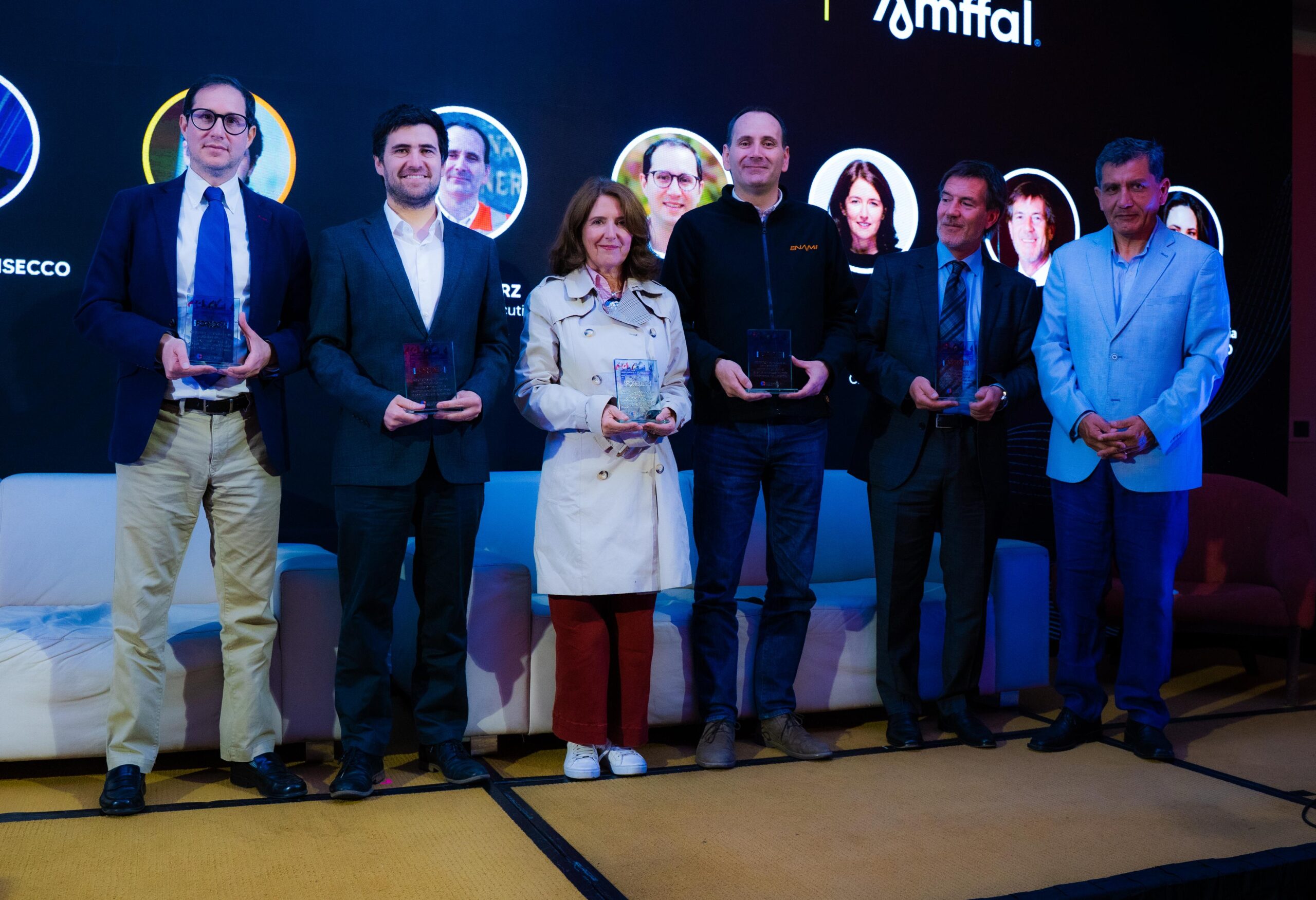CMP Participates in Dialogue on the Future of Mining Investment in Atacama

During the seminar “Mining Investment Route in Atacama,” held as part of FOREDE 2025, Compañía Minera del Pacífico (CMP) reaffirmed its commitment to sustainable mining and shared value, actively engaging in discussions about new regulatory and development challenges facing the sector.
A productive dialogue among key mining industry stakeholders took place during the seminar “Mining Investment Route in Atacama: Regulatory, Financial, and Socio-environmental Challenges”, held on the third day of FOREDE 2025. Claudia Monreal, CMP’s Manager of Planning, New Business, and Project Development, represented the company.
“These spaces allow us to foster shared-value dialogue, which is essential to reaching agreements—especially on critical matters such as the processing of sectoral permits that enable the development of investment and operational continuity projects, translating into employment, growth, and opportunities for the regions,” said Monreal.
The event began with a presentation by Nicolás Marshall, Head of the Division of Promotion, Investment, and Industry at the Ministry of Economy, who outlined the main aspects of the Framework Law on Sectoral Permits, enacted in September this year. He highlighted that the new legislation could reduce project processing times in the mining sector by approximately 35%.
“It’s crucial for us to engage directly with regions—especially Atacama, where a large portion of Chile’s mining project portfolio is concentrated. Regional dialogue is fundamental to integrating improvements into the system,” said Marshall.
A panel discussion followed, featuring Claudia Monreal and Nicolás Marshall, along with Iván Mlynarz, Executive Vice President of ENAMI; and Ariel Scharfstein, Legal and Corporate Affairs Manager of Nueva Unión. The session was moderated by Francisco Allendes, Senior Partner at Puga Ortiz Abogados.
“This panel allowed us to combine the perspectives of the private and public sectors and address the region’s challenges not only from an investment and development standpoint but also from a regulatory perspective,” noted Allendes.
Currently, Atacama’s mining investment portfolio exceeds US$14 billion, representing a major opportunity to boost the regional economy, strengthen the value chain, and promote local employment generation.
In this context, Monreal highlighted that CMP is in a phase of transition and consolidation of its growth and operational continuity plan, with strategic projects across its three valleys: Technological Optimization and Capacity Expansion at Cerro Negro Norte Mine, Copiapó Valley; Los Colorados Mine Project Modification: Adjustments and Operational Continuity in Huasco Valley; and Chile’s first underground iron mine, currently in the tunnel exploration stage at El Romeral Mine, Elqui Valley.
“These projects are currently undergoing environmental evaluation, and we’ve had several opportunities to share information with local communities—something that’s essential for us. At CMP, we work toward a mining industry that combines operational efficiency, sustainability, and shared value to continue producing Chile’s iron,” Monreal concluded.
CMP’s participation in FOREDE 2025 reinforces its commitment to sustainable regional development, promoting an innovative, transparent, and collaborative approach to mining that contributes to the progress of the Atacama region and the communities it is part of.
 Copiapó Valley
Copiapó Valley  Cerro Negro Norte Mine
Cerro Negro Norte Mine  Magnetite Plant
Magnetite Plant  Puerto Punta Totoralillo
Puerto Punta Totoralillo  Huasco Valley
Huasco Valley  Los Colorados Mine
Los Colorados Mine  Pellets Plant
Pellets Plant  Puerto Guacolda II
Puerto Guacolda II  Elqui Valley
Elqui Valley  El Romeral Mines
El Romeral Mines  Pleito Mine
Pleito Mine  Puerto Guayacán
Puerto Guayacán 


